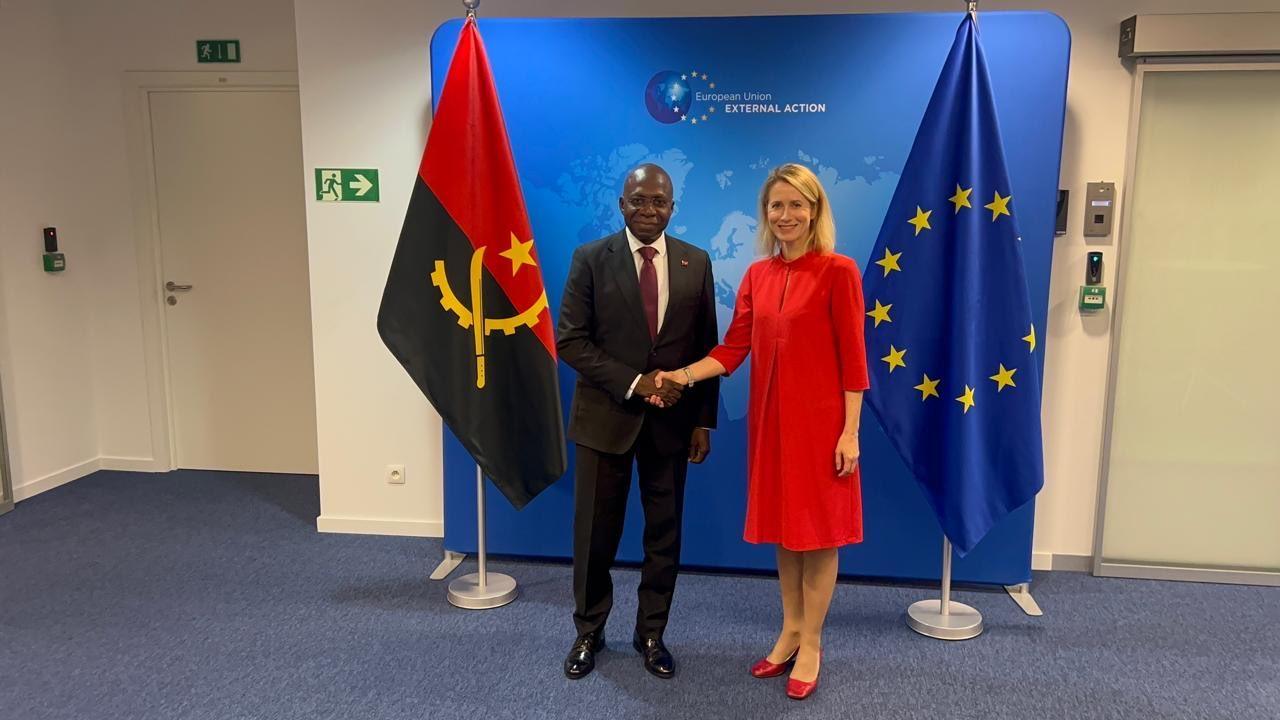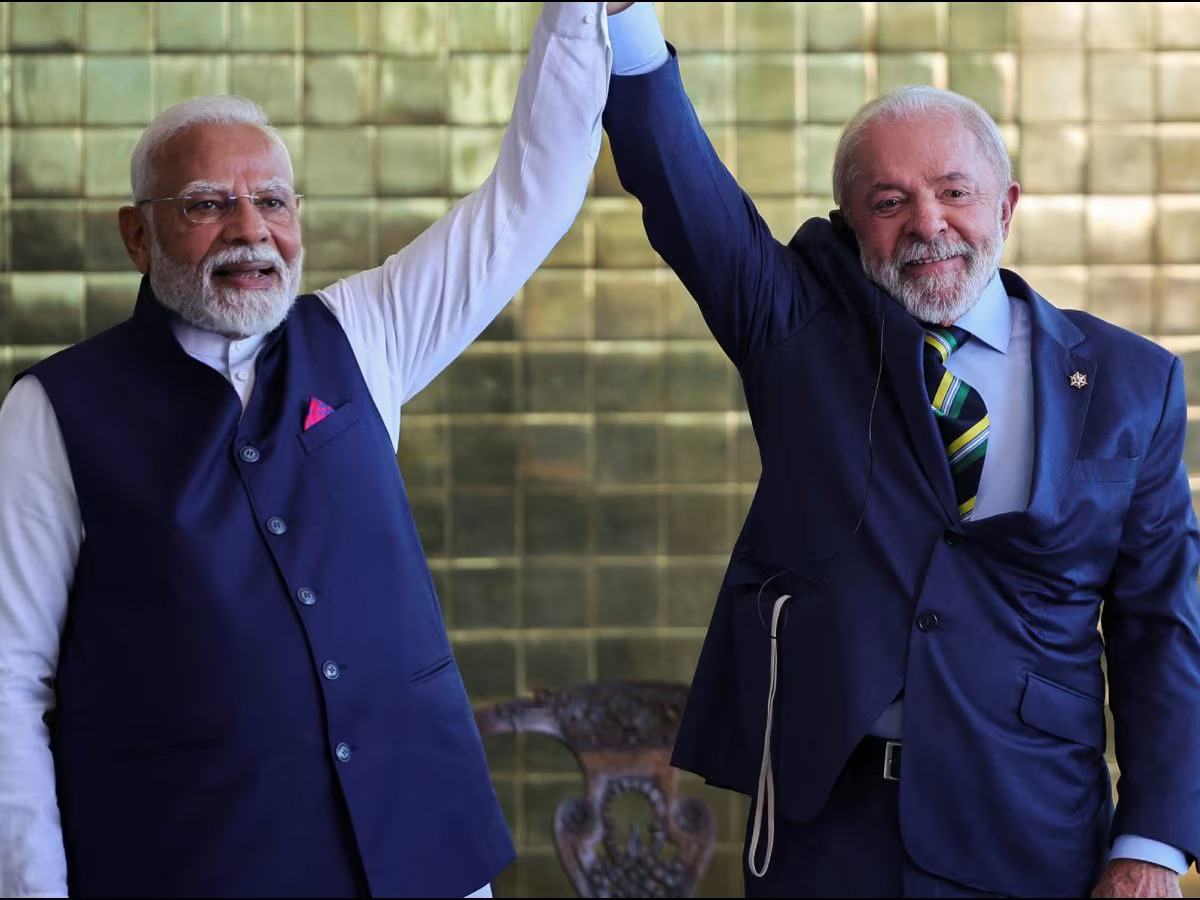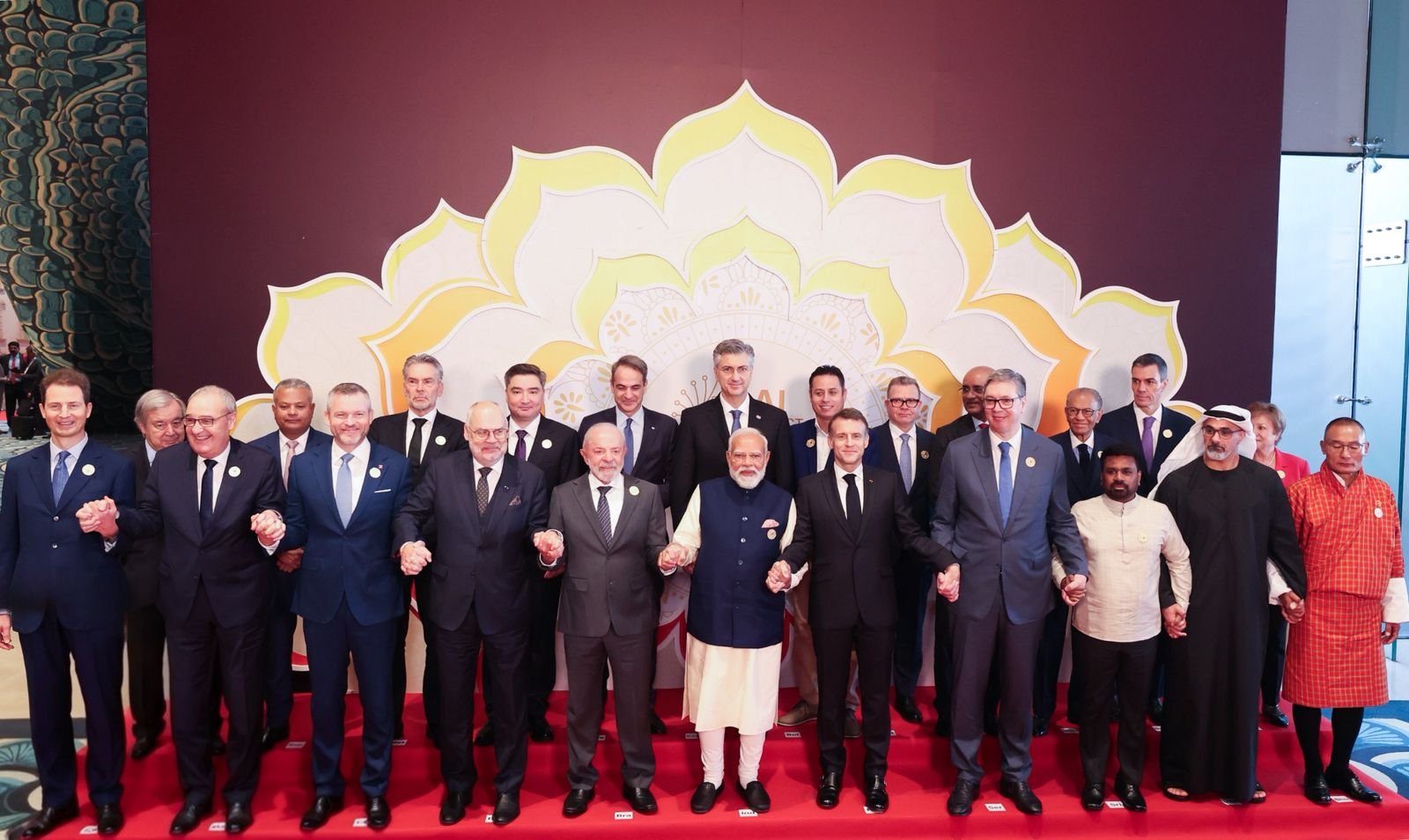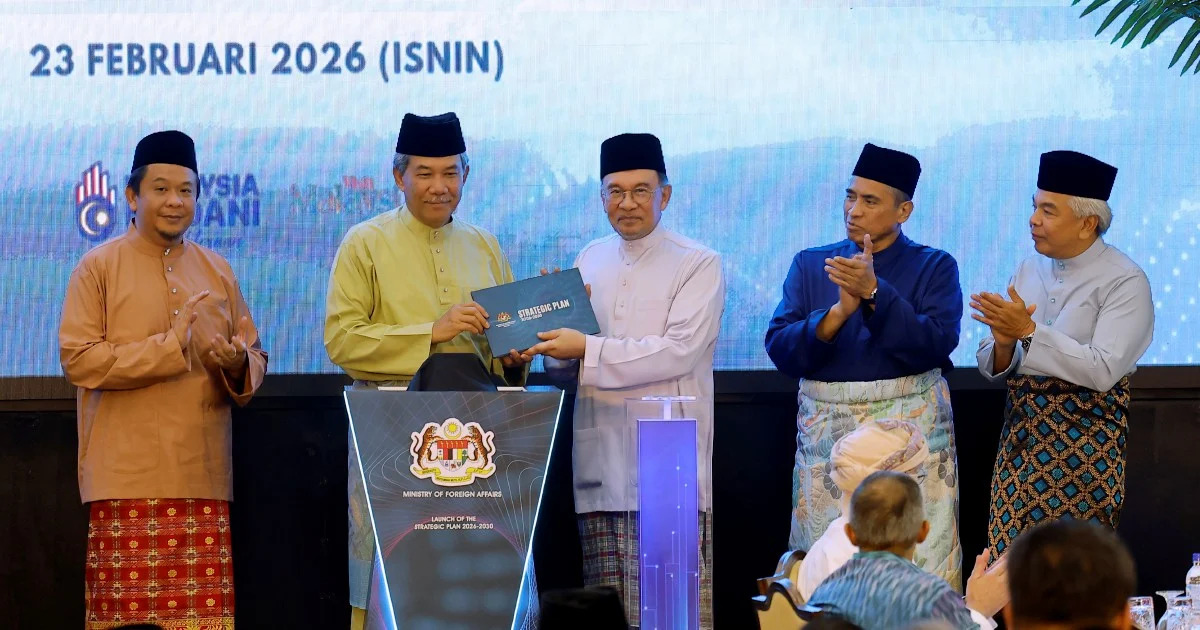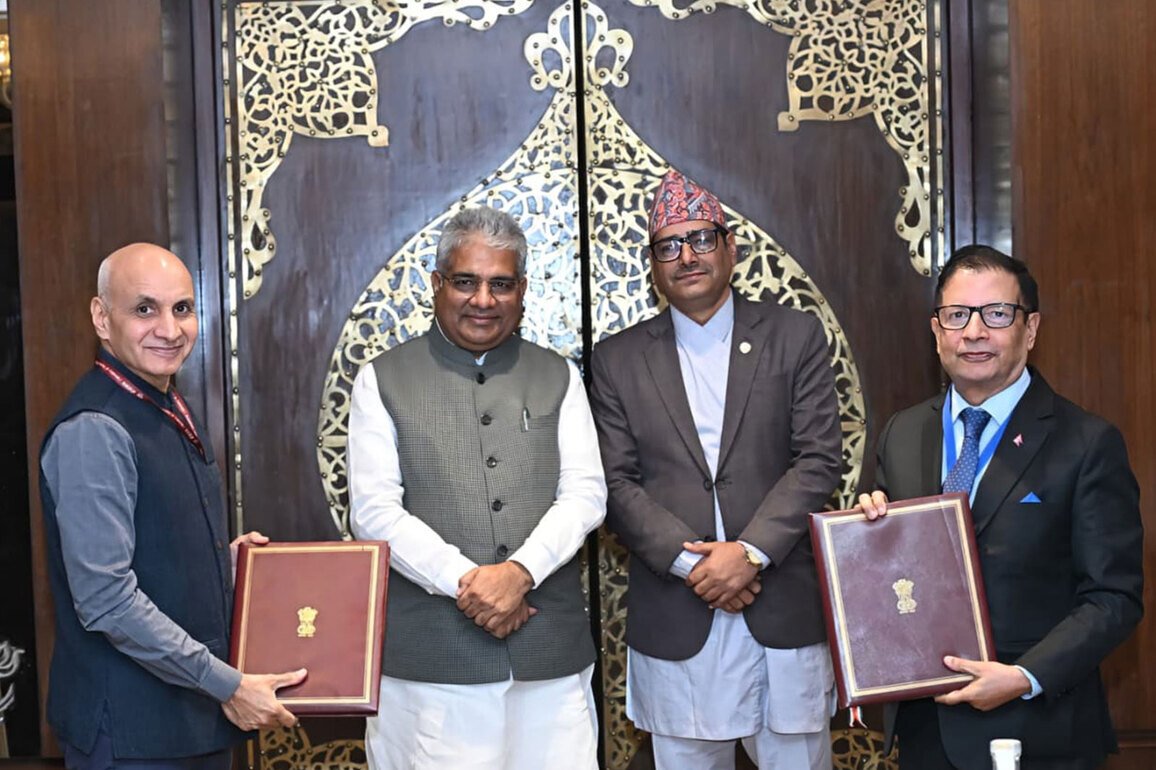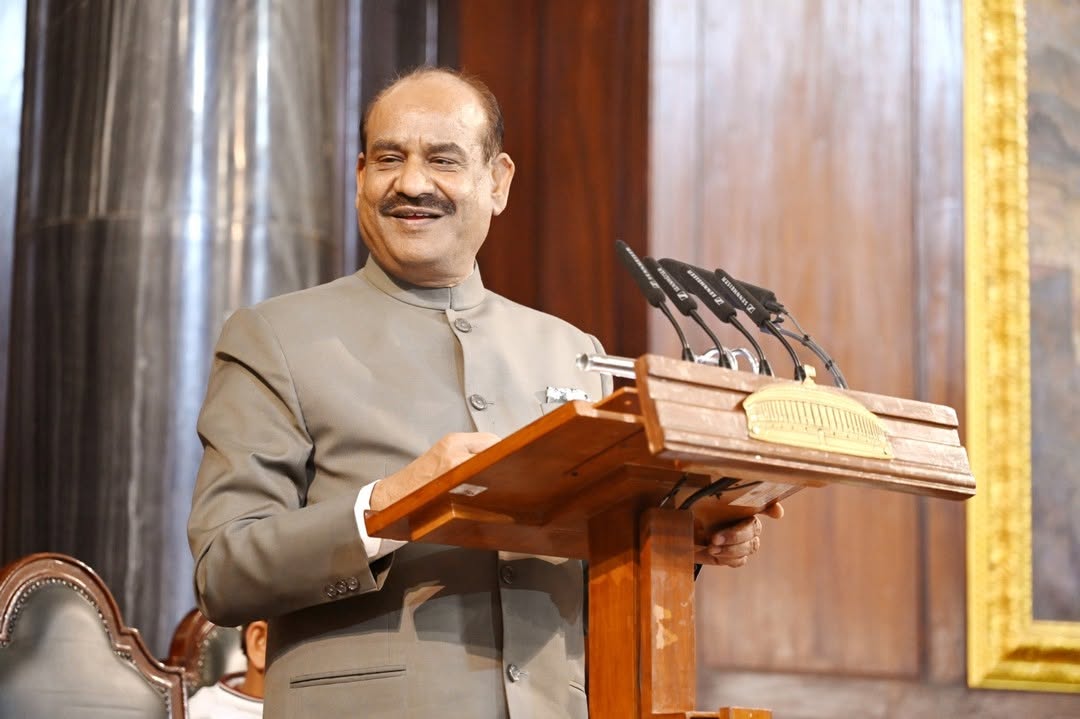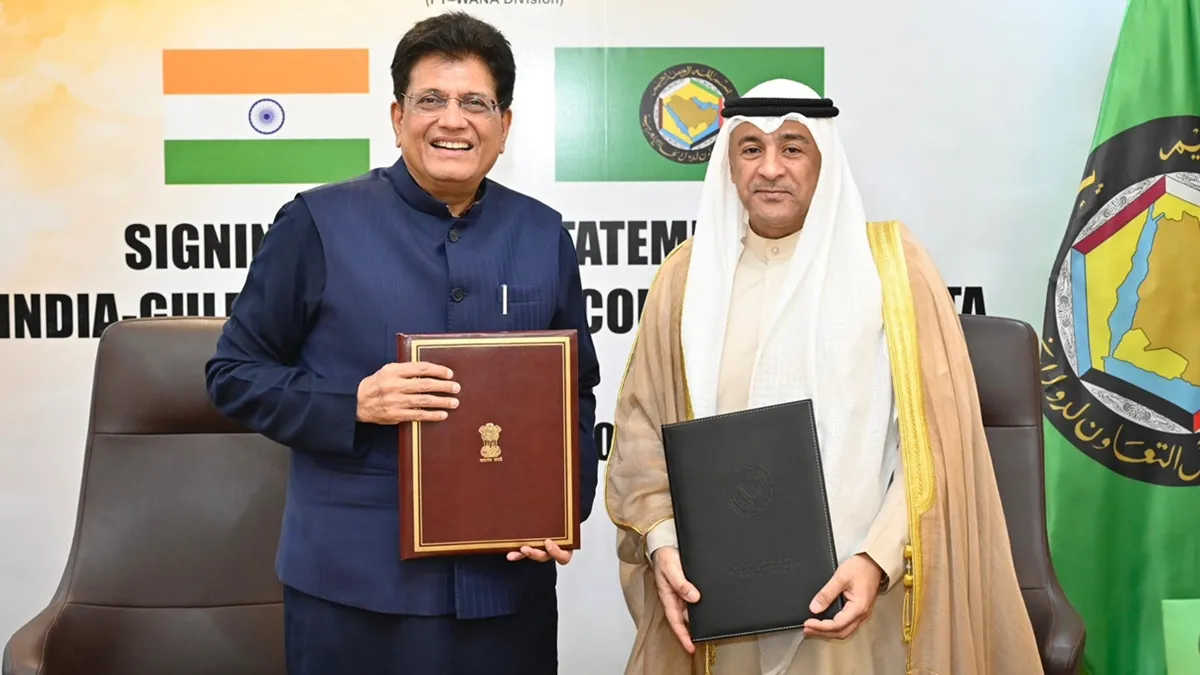At a joint press conference held in Budapest this April, Hungarian Minister of Foreign Affairs and Trade Péter Szijjártó commended Morocco for its pivotal role in maintaining regional stability, preventing illegal migration, and leading firm actions against terrorism in North Africa. His remarks came during the official visit of Moroccan Foreign Minister Nasser Bourita, who is on a European diplomatic tour aimed at strengthening international ties. “We owe Morocco our gratitude for its efforts to keep migration at bay, the steps it has taken in the interest of the region’s stability, and… because of its firm actions against terrorism,” said Minister Szijjártó during the conference.
The visit marked a significant chapter in the flourishing relationship between Hungary and Morocco, with discussions culminating in new agreements on bolstering cooperation in trade, investment, research, innovation, and energy. Szijjártó underlined the importance of building partnerships with stable and economically robust countries in Africa to form a broader strategic alliance with Europe, aimed at addressing shared security and economic challenges, including those arising from the Ukraine war.
A Shared Front Against Terrorism and Migration
Szijjártó reiterated Hungary’s commitment to working with partners like Morocco to craft a unified European-African strategy focused on economic development and counterterrorism. He highlighted the direct link between instability, terrorism, and illegal migration, emphasizing that a secure and economically prosperous Africa is key to reducing migratory pressures on Europe. Hungary has increasingly supported African development as a preventative measure against migration, a strategy exemplified by its robust relationship with Morocco. Bilateral trade between the two nations reached $400 million in 2024, making Morocco Hungary’s top African trade partner.
Boosting Educational and Economic Ties
A significant outcome of the meeting was the expansion of the Stipendium Hungaricum scholarship programme. Hungary will offer 165 full scholarships to students from African countries between 2026 and 2028, further strengthening educational and cultural ties. Hungarian investments in Morocco are expected to grow, with joint ventures in key sectors such as food security, sustainable agriculture, and renewable energy. Morocco is positioned as a gateway to African markets for Hungarian businesses, while Hungary serves as an entry point to the EU for Moroccan companies.
Support for Morocco’s Autonomy Plan in Western Sahara
A prominent topic of discussion was the Western Sahara conflict. Szijjártó expressed Hungary’s backing for Morocco’s autonomy plan as a viable solution to the long-standing territorial dispute. “Morocco’s autonomy plan is the basis for resolving the dispute,” he stated, aligning Hungary’s position with that of other countries including the United States, France, Croatia, Moldova, and Estonia.
The Western Sahara issue, involving tensions between Morocco and the Polisario Front, has persisted for decades. Morocco’s sovereignty initiative, which proposes a degree of autonomy under Moroccan rule, has gained traction internationally as a realistic path forward, though it remains a contentious issue.
Looking Ahead
The Budapest conference marked a pivotal moment in Hungarian–Moroccan relations. With increased economic interdependence, mutual geopolitical interests, and aligned diplomatic strategies, the two countries are poised to deepen their collaboration in the years ahead. As both Hungary and Morocco navigate a complex global landscape shaped by war, migration, and economic uncertainty, their growing partnership exemplifies the importance of cross-continental cooperation rooted in shared values and pragmatic diplomacy.


